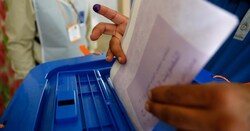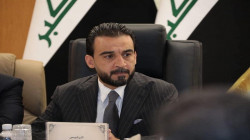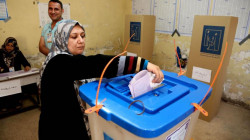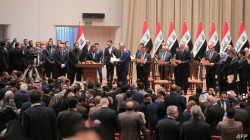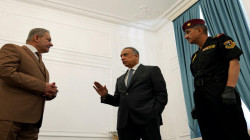Kirkuk’s fragile power-sharing pact begins to fracture
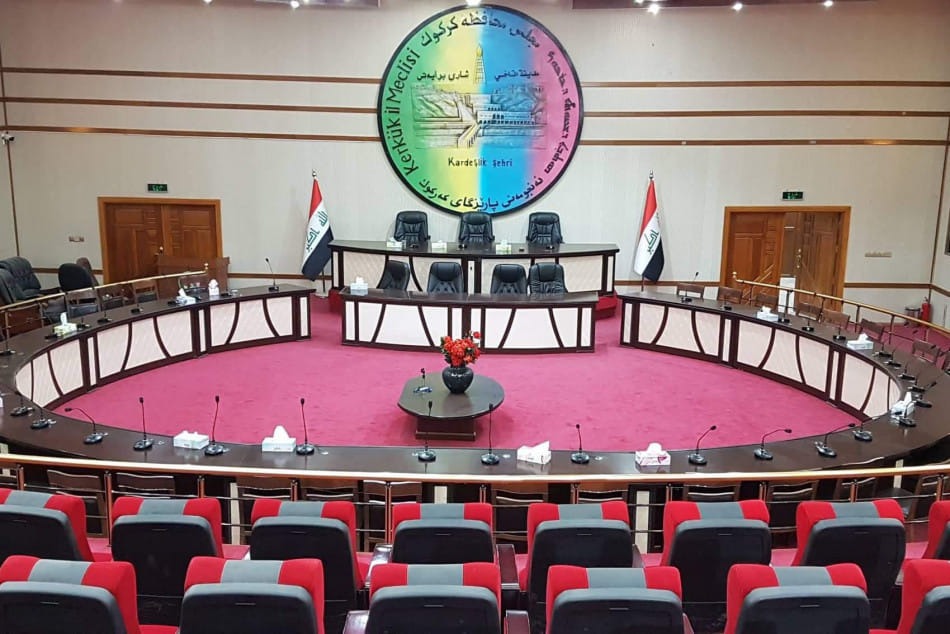
Shafaq News/ Kirkuk, one of Iraq’s most diverse and disputed provinces, is once again at the heart of political turmoil—this time, from within its own governing alliance. A coalition designed to balance the province’s multi-ethnic makeup is facing disintegration less than a year after its formation.
On Wednesday, two Arab members of Kirkuk’s Provincial Council—Raad Saleh of Taqadum Alliance and Sheikh Dhaher Anwar Al-Asi of the United Arab Front—announced their withdrawal from the Kirkuk Administration Coalition (KAC).
KAC was formed in early 2024 following the provincial elections and was hailed at the time as a novel experiment in consensual governance, encompassing Kurds, Arabs, and Christians. However, the resignation of the two Arab members signals a return to familiar patterns of mistrust and fragmentation.
The Promise of Power-Sharing
The Kirkuk Administration Coalition emerged from a high-stakes political agreement signed at Baghdad’s Al-Rasheed Hotel on January 24, 2024. It brought together five members of the Patriotic Union of Kurdistan (PUK), one representative from the Christian Babylon Movement, and two Arab council members from leading Sunni Arab coalitions. The deal enabled the appointment of a Kurdish governor, Ribwar Taha, through consensus while securing the position of provincial council chairman for the Arab bloc, held by Mohammed Ibrahim Al-Hafiz.
The coalition was not merely about seat-sharing. Its stated aim was to confront Kirkuk’s chronic governance challenges, including local security coordination, fair employment practices, and—critically—the fate of Arab detainees reportedly held in the Kurdistan Region. These issues, while long-standing, have taken on renewed urgency in post-ISIS Iraq, where identity politics and regional rivalries continue to shape administrative outcomes.
Cracks in the Foundation
Despite its inclusive facade, the coalition began unraveling due to what the two withdrawing Arab members described as "a failure to uphold the terms of the agreement."
Speaking at a press conference, Raad Saleh emphasized that their withdrawal does not mean resigning from the council itself. Instead, they plan to remain within the provincial assembly, shifting from participants to watchdogs.
The Arab bloc’s primary grievance centers on the unresolved file of "disappeared Arabs" allegedly detained in prisons in the Kurdistan Region. This highly sensitive issue not only strikes an emotional chord in Arab constituencies but also reveals the limits of inter-party trust within the coalition.
Saleh and Al-Asi both accused their Kurdish and Christian partners of sidelining key Arab demands and violating the political pact’s core promises.
A joint statement by the two further underlined their disillusionment, "We did not join the coalition for titles but to defend the rights of our people. What we have witnessed is a lack of seriousness in honoring the agreement."
They also issued a call to Arab constituents to mobilize for the upcoming parliamentary elections, advocating for the creation of a new pan-Arab political structure capable of more effectively representing Kirkuk’s Arabs.
Turkmen Voices and the Legitimacy Debate
The political fallout has prompted sharp reactions from the Turkmen community—a historically marginalized but politically assertive constituency in Kirkuk. Sawsan Abdul Wahed Jadoa, a council member from the Iraqi Turkmen Front, offered a blistering critique of the governing coalition, labeling it an "illegitimate authority birthed through external will rather than local mandate."
In a statement to Shafaq News, Jadoa argued that the administration forged at the Al-Rasheed Hotel served narrow party interests over the public will, "We have always said this government was built on sectarian bargains, and the Arab withdrawal is proof of its fragility." She further affirmed the Turkmen’s position as a pivotal actor in the province’s politics, vowing continued resistance against exclusionary governance.
Meanwhile, Ahmed Ramzi, another Turkmen council member, called for clarity and patience, noting that the council is awaiting an official realignment—or collapse—of the coalition before declaring its next move.
Anatomy of a Breakdown
Political analyst Ahmed Abdulrahman, speaking to Shafaq News, sees the crisis as emblematic of a broader trend in Iraqi provincial politics: alliances formed not on programmatic governance but on transactional power-sharing. "What we’re witnessing is the unraveling of a coalition born not from a vision for Kirkuk but from a division of spoils," he said. "Unless the remaining actors address the root causes of Arab dissatisfaction, this could mark the beginning of the coalition’s end."
Kirkuk has always been a geopolitical powder keg, where Kurdish aspirations for reintegration into the Kurdistan Region clash with Arab and Turkmen fears of marginalization. Since the Iraqi federal government retook control of the city from Kurdish forces in 2017 following the failed Kurdish independence referendum, Kirkuk has remained under federal control, with security and administrative disputes simmering just below the surface.
The Bigger Picture: A Bellwether for Iraq?
For foreign observers and policymakers, the Kirkuk crisis offers more than a local political story. The province’s complex demographics—Kurds, Arabs, Turkmen, and Assyrians—mirror Iraq’s national composition. As such, the success or failure of power-sharing models in Kirkuk often reflects deeper national fault lines.
The unraveling of the coalition also raises alarms ahead of Iraq’s national parliamentary elections. If even local power-sharing agreements crafted through high-level negotiations cannot hold, what does that say about Iraq’s broader state-building trajectory? And what alternatives exist when inclusive governance breaks down—not only in Kirkuk but across other mixed or disputed territories?

